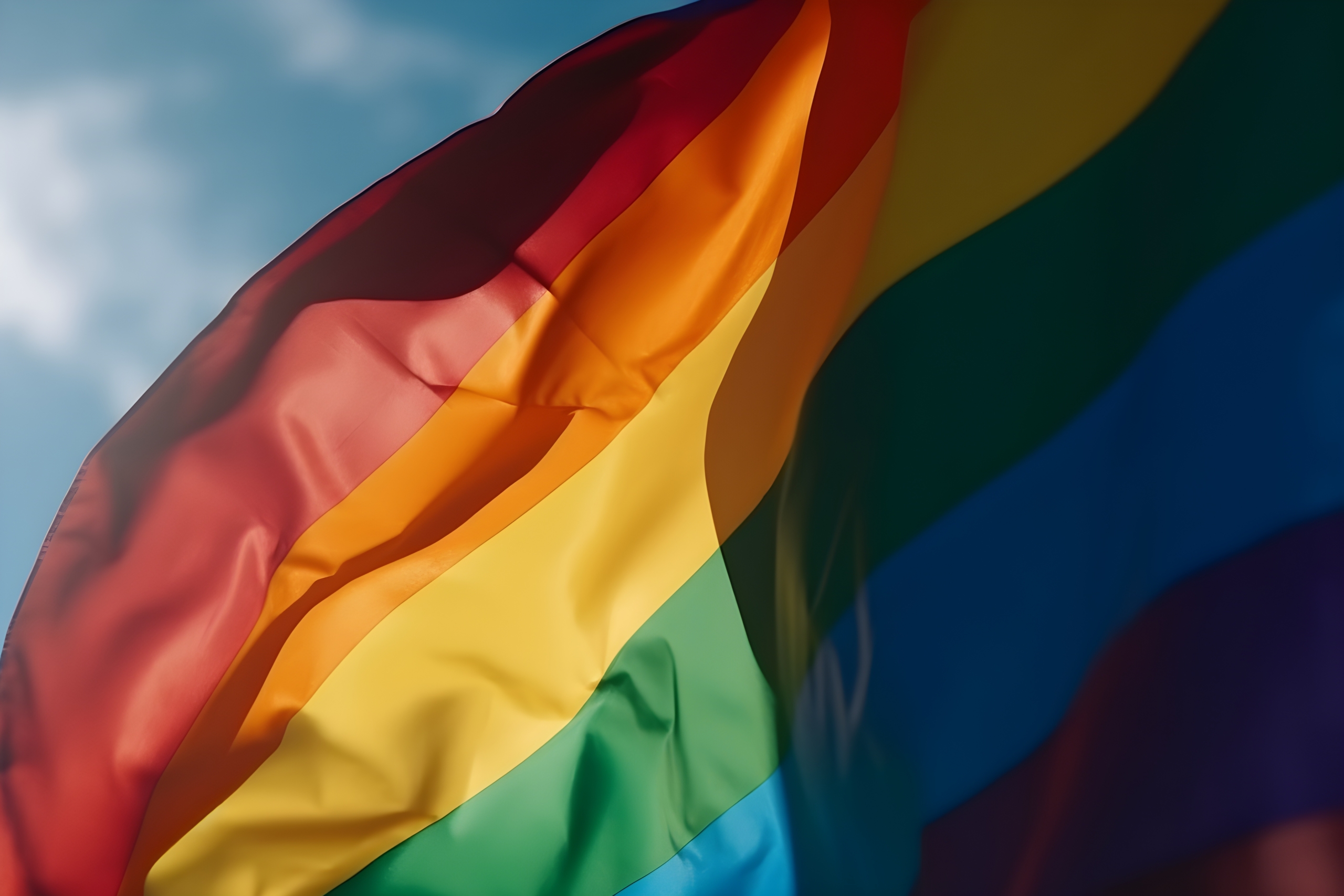January 2025
Tirohanga Whānui | Overview
The New Zealand Council of Christian Social Services (NZCCSS) welcomes the opportunity to provide feedback on the Ministry of Health Consultation on safety measures for the use of puberty blockers in young people with gender-related health needs. NZCCSS supports the provision of accessible, comprehensive healthcare for all young people in Aotearoa.
Taunakitanga | Recommendations
Our main points are:
1. Provision of comprehensive care for young people experiencing gender dysphoria
NZCCSS supports the provision of comprehensive, timely care for young people experiencing gender incongruence and gender dysphoria, ensuring their rights under the United Nations Convention on the Rights of the Child to equitable access to healthcare (Article 24), freedom from discrimination (Article 2), identity (Article 8), and rights to protection from harm and informed consent are upheld under the Code of Health and Disability Services Consumers’ Rights & Charter of Tamariki/Children’s and Rangatahi/Young People’s Rights in Healthcare Services in Aotearoa New Zealand.
We support the approach outlined in the Ministry of Health Position Statement which allows for young people experiencing gender dysphoria to access a range of medical and psychological supports under the care of clinicians who are experienced in providing gender-affirming care and are part of an interprofessional team. Decisions regarding the availability and prescription of specific medicines and approaches to treatment are best informed by appropriate medical expertise, users of this medication and those that support them. Safeguards such as existing prescribing regulations and rights relating to informed consent in healthcare, require that children, young people and their whānau are made aware of any benefits or risks associated with the use of a medication, or limitations in the evidence of these, and are supported to balance these in relation to their healthcare needs and best interests.
We support the Ministry of Health’s plan to continue to monitor evidence and engage in research related to the provision of care for young people experiencing gender incongruence and gender dysphoria in Aotearoa. These processes should be informed by clinicians experienced in this area and young people most impacted by this aspect of healthcare.
Recommendation 1: We support the provision of comprehensive care for young people experiencing gender dysphoria.
2. Improved accessibility of healthcare needed
We are concerned about the impact any additional restrictions on the provision of gender-affirming care may have on young people’s access to care and how these would be mitigated, recognising existing disparities in mental wellbeing and inequities in health access for transgender young people.
The findings of the Growing Up in New Zealand study identify higher levels of anxiety and depression experienced by transgender young people compared to other groups of children, increases in the levels of anxiety and depression experienced from age 8 to 12 years, and the crucial need “to ensure that mental health support is accessible and responsive to the diverse gender identities of young people in Aotearoa, New Zealand” (Fletcher et al., 2023, p.12). This need is reinforced by the Auditor General’s findings in Meeting the mental health needs of young New Zealanders (2024) and in Youth19 survey research (Fenaughty et al., 2023). Further restrictions relating to the provision of gender-affirming care are likely to exacerbate existing issues related to the accessibility of healthcare services for young people such as long wait times, thresholds for access to mental wellbeing services and the provision of health services outside of urban centres (Controller and Auditor General, 2024). Limited accessibility of services has the potential to impact the severity of mental distress experienced by transgender young people (Oliphant et al., 2021).
Recommendation 2: We advocate for a focus on reducing existing healthcare inequities and disparities in mental wellbeing for transgender young people.
3. Rationale for public consultation
We query the decision to consult publicly on the prescription of medication for a small group of patients, particularly a group that already experiences disproportionate rates of discrimination. The rationale for public consultation is unclear and we do not see a precedent for this consultation approach being applied in relation to regulation for other types of medication or conditions. We are concerned about the impact of public consultation on this cohort of young people and their whānau, and the potential influence of public opinion on the regulation of medical treatment.
Recommendation 3: We advocate for consultation to be limited to relevant experts and populations most impacted by the availability of this medication.
Ngā Tohutoro | References
Controller and Auditor General. (2024). Meeting the mental health needs of young New Zealanders.
https://www.oag.parliament.nz/2024/youth-mental-health/docs/youth-mental-health.pdf
Fenaughty, J., Fleming, T., Bavin, L., Choo, W.L., Ker, A., Lucassen, M., Ball, J., Greaves, L., Drayton, B., King-Finau, T., & Clark, T. (2023). Te āniwaniwa takatāpui whānui: te irawhiti me te ira huhua mō ngā rangatahi | Gender Identity and young people’s wellbeing in Youth19. Youth19 Research Group, The University of Auckland and Victoria University of Wellington, New Zealand.
Fletcher, B.D., Walker, C., Cha, J.E., Neumann, D., Paine S.J., Park A., Fenaughty, J., Bird, A.L., Waldie, K.E. 2023. Now We Are 12: Young people’s experiences of depression and anxiety symptoms. Snapshot 7. Auckland: Growing Up in New Zealand.
Oliphant, J., Barnett, D., Veale, J., Denny, S., & Farrant, B. (2021). The wellbeing and health needs of a cohort of transgender young people accessing specialist medical gender-affirming healthcare in Auckland. The New Zealand medical journal, 134(1541), 33–44.
Ingoa whakapā | Contact Name
Rachel Mackay
Melanie Wilson
